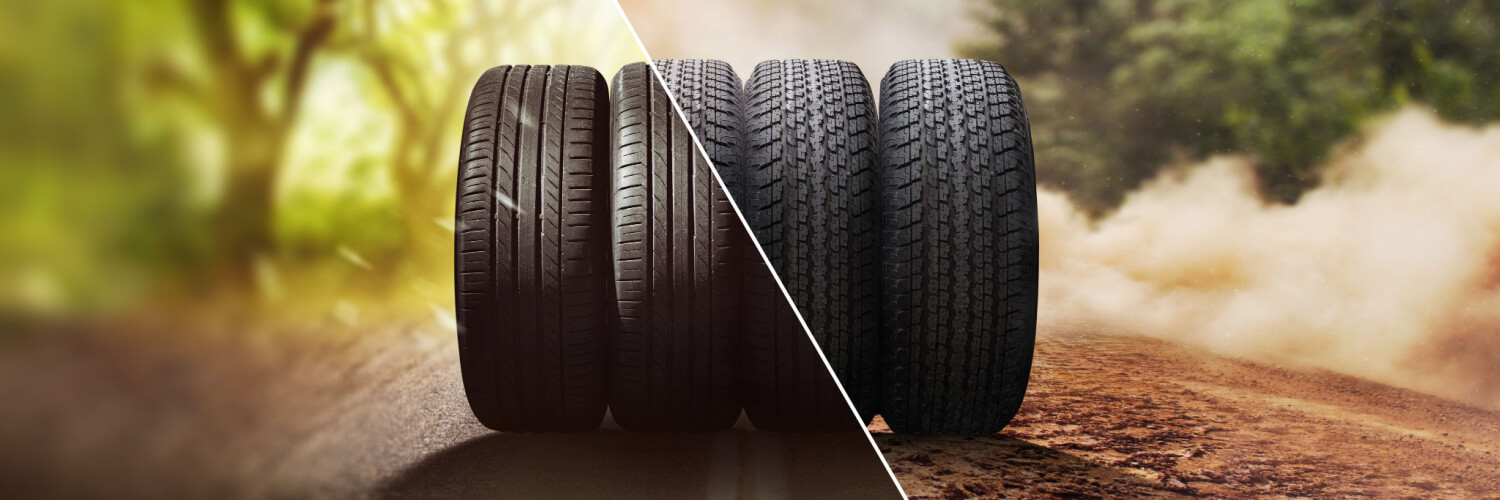
The idea of “all weather” tires instantly provokes suspicion in many hockey player families across Canada. Is it possible to get your budding Bobby Orr to the rink in small town Ontario in January and get to your tee time in Muskoka on the same rubber?
The suspicion of course, is rooted in what has been traditionally marketed by the tire industry as an “all season” tire until now. These tires, although relatively effective in most conditions between April and November, have long been considered as ditch digging and clearing devices by most tow truck retrieval drivers in the colder Canadian climes of January.
There is little question that All Weather tires are a compromise. There is a trade off between summer performance and winter tire traction. There’s a trade off between summer quiet and a chunky winter snow clearing tread bite. And, there is a balance to be found between the lower costs of having one set of tires and relative longevity of faster tire wear with the softer rubber compounds at high speed – they will be replaced at shorter distances. But, in the right circumstance, they may fit the need perfectly.
The specific challenges in application of the year-round tire are simply developing a rubber compound that remains soft and pliable at ultra low temperatures yet will remain that way after being subjected to the high heat hardening effect of travelling on summer highways with road surface temperatures that approach the scorching sear settings on that new barbeque you have at the cottage.
Yes, that high hot summer heat often transforms the stickiest of cold weather winter tires in to the same sort of rubber discs that Canadians generally identify as hockey pucks. Once so hardened, the traditional winter tire usually transforms into something unbelievably durable and versatile, and about the only conditions that they become unsuitable for are cold weather and snow. Winter to summer use but not back – once a puck, always a puck.
Goodyear has most recently entered this market space with the Goodyear Assurance Weather Ready passenger car tire. The tire manufacturer has adopted the blend of vegetable oil into the rubber compound which serves to extend the temperature range of application.
“When Goodyear learned about Ford Motor Co.’s work with the United Soybean Board (USB) in using soy-based materials, we decided to expand those efforts and reach out to USB,” a Goodyear spokesperson said. Goodyear’s research and development shows that rubber made with soybean oil mixes more easily in the silica reinforced compounds used in the manufacture of certain tires. The Eureka moment was realizing that including soybean oil in tires keeps the tire compounds pliable in changing weather conditions.
In terms of performance, the “All Weather” tire is still a compromise. Its main appeal is to those who prefer not to afford two sets of tires for winter and summer, those that can’t afford the space for storage of offseason tires, and those that can’t afford the physical effort of changing or having changed tires twice a year.
However, that appeal broadens to those that do not necessarily drive in a lot of ice and heavy snow conditions. It turns out that the All Weather tire can be considered something of a “tweener” tire that is ideally suited for urban driving in cities with milder winters like Toronto and Vancouver. Snowier and more extreme winter weather worries like those of Montreal, Halifax, St. Johns are not ideally suited unless driving is very limited to clear days.
The rub of it all remains, tread life. The stay soft and pliable compounds do lend to faster tire wear than conventional tires. Any sport car enthusiast that prefers a good sticky slalom steering and cornering designed tire is prepared for as little as 40K of useable tire tread life to achieve the maximum design capability of their sport vehicle. Performance over cost is often the preference of the driving enthusiast. The all weather tire may be the reversal of that thinking.
In the end, standard pairing of winter/summer tires vs. one set All Weather tires may lead to similar tire cost per Kilometer when shorter tread life / more often replacement is factored in. It does appear that fair weather driving, high density urban dwellers, with no storage space may have found a viable solution although not much of a discount.
The ultimate compromise may be of performance versus convenience. There is certainly room for the All Weather tire in the fast paced life of an urban driver.
Steve is the owner of an auto repair and tire shop in Appleby, The Auto Station. Steve helps thousands of folks every year with scheduling their auto maintenance needs and tire selection. Steve prides on his efforts on helping owners make their cars last longer.